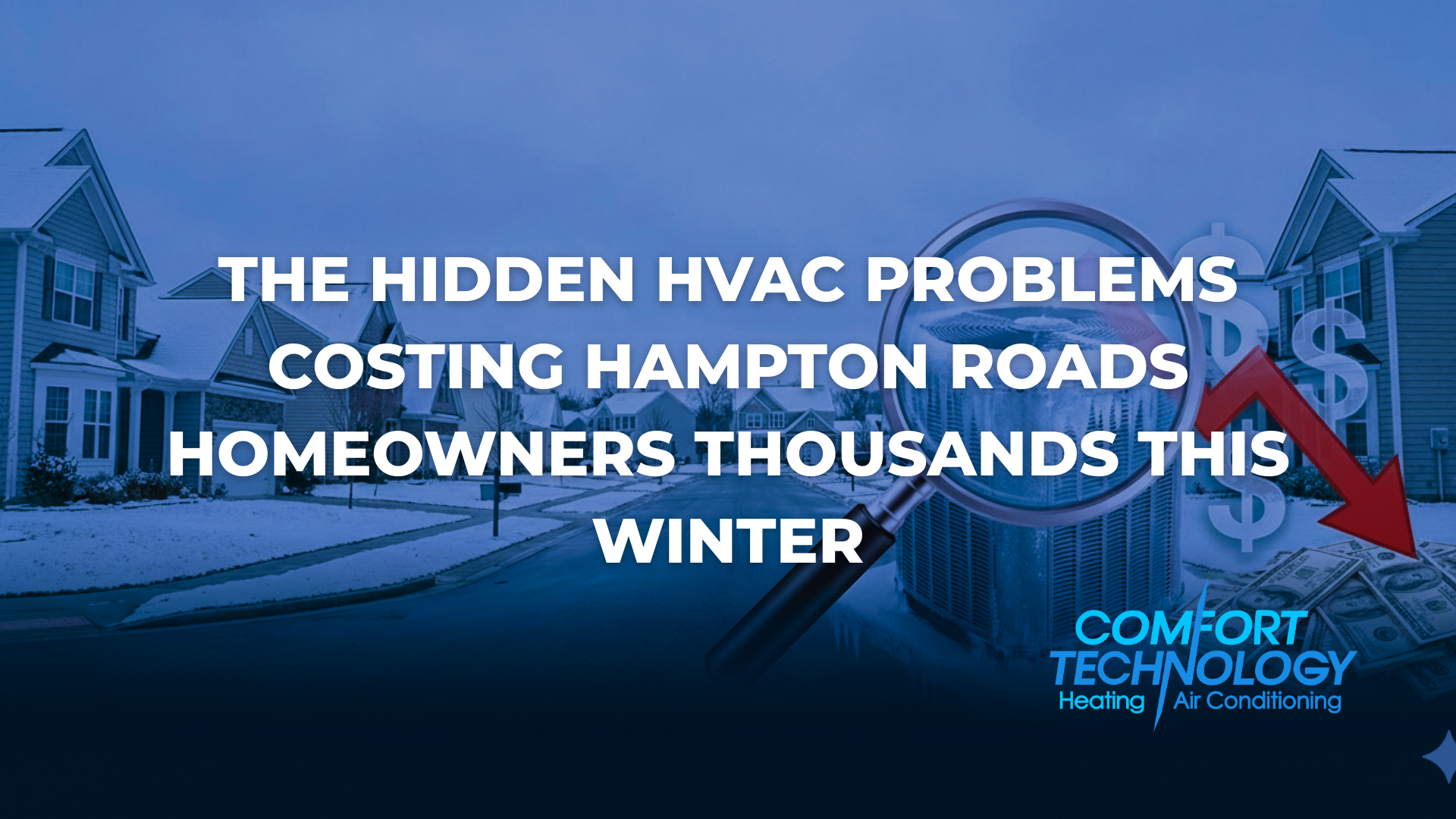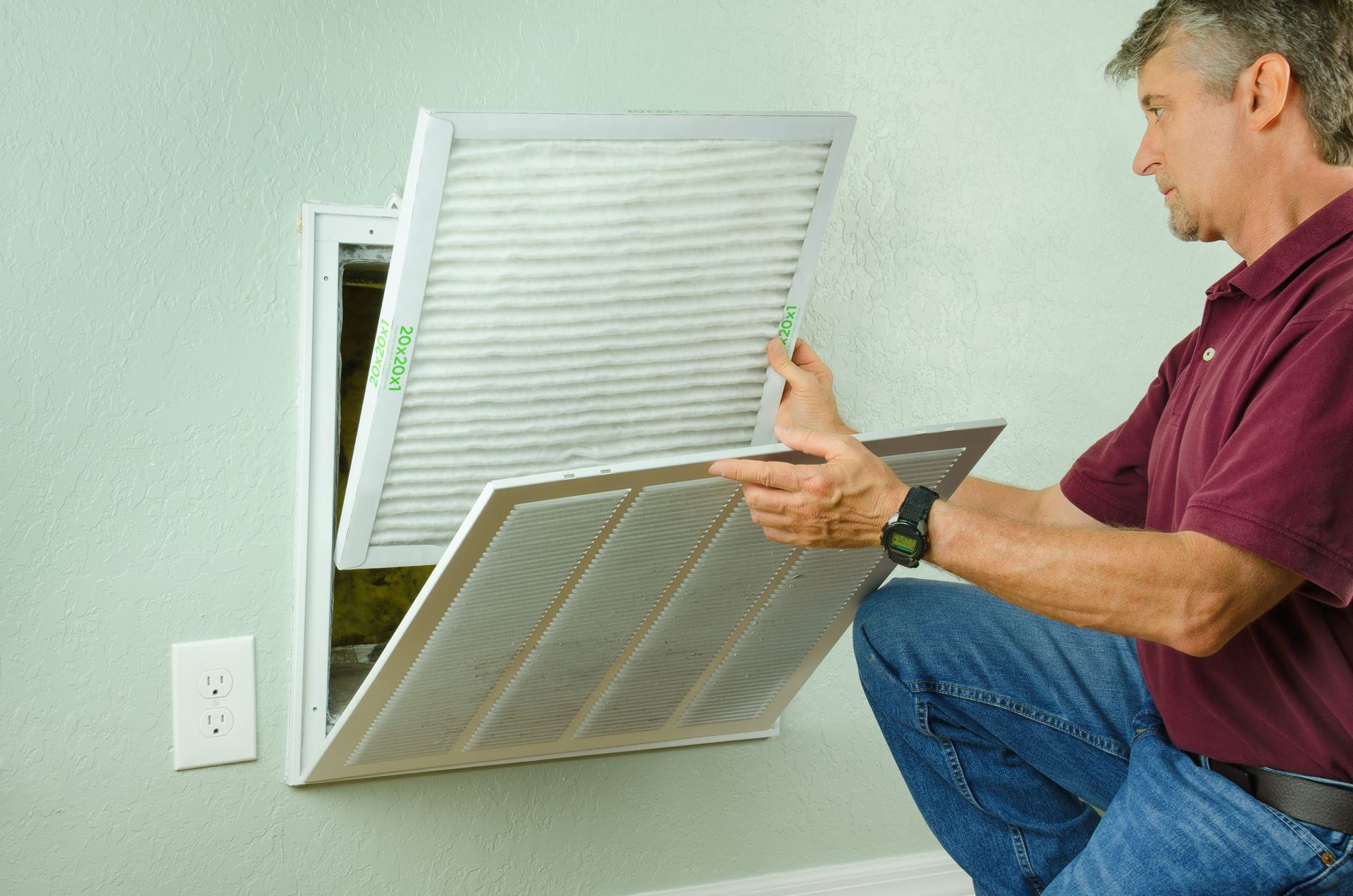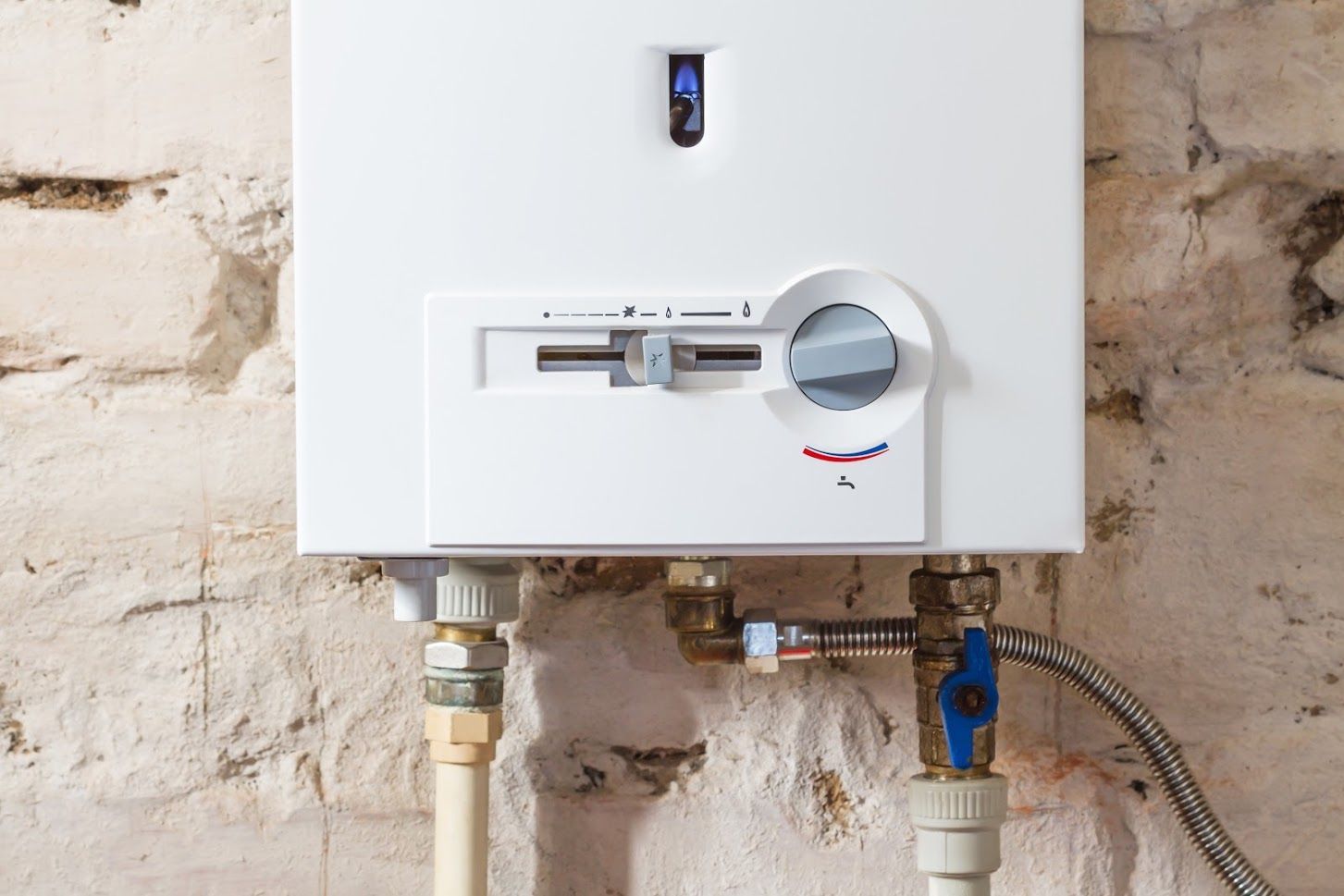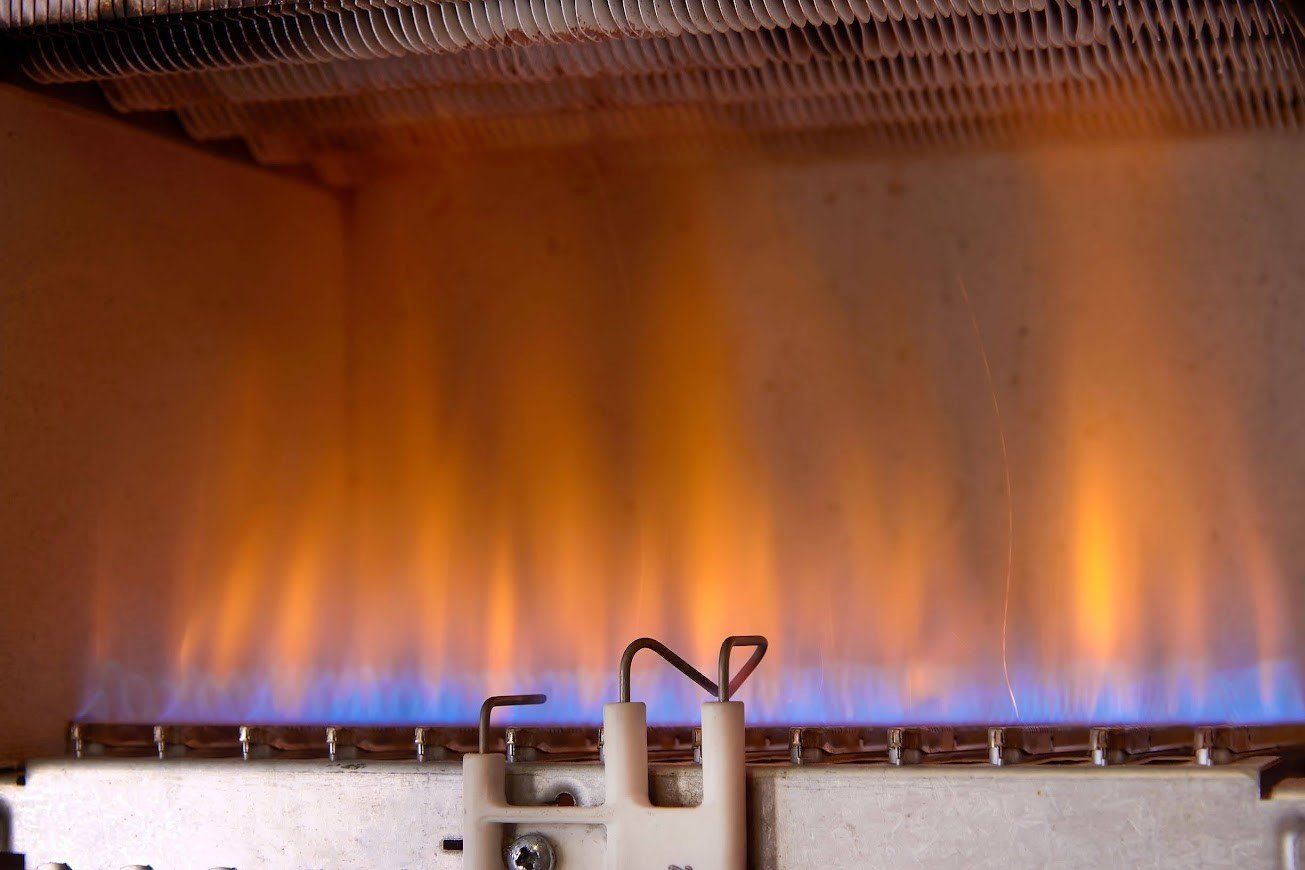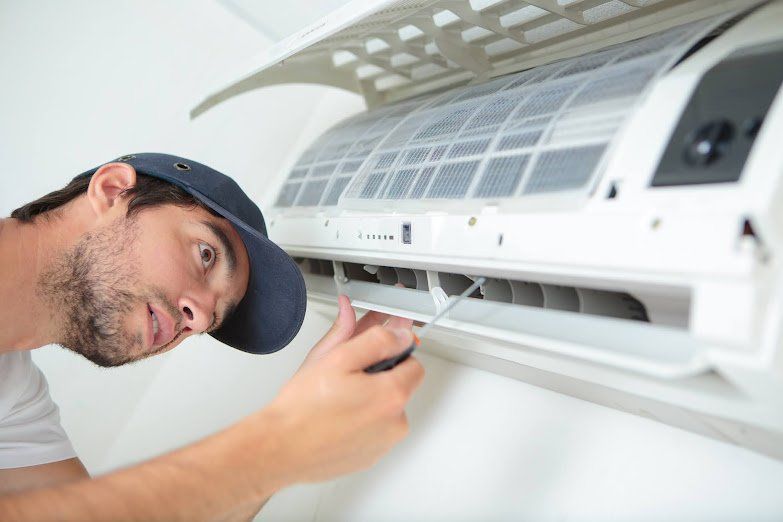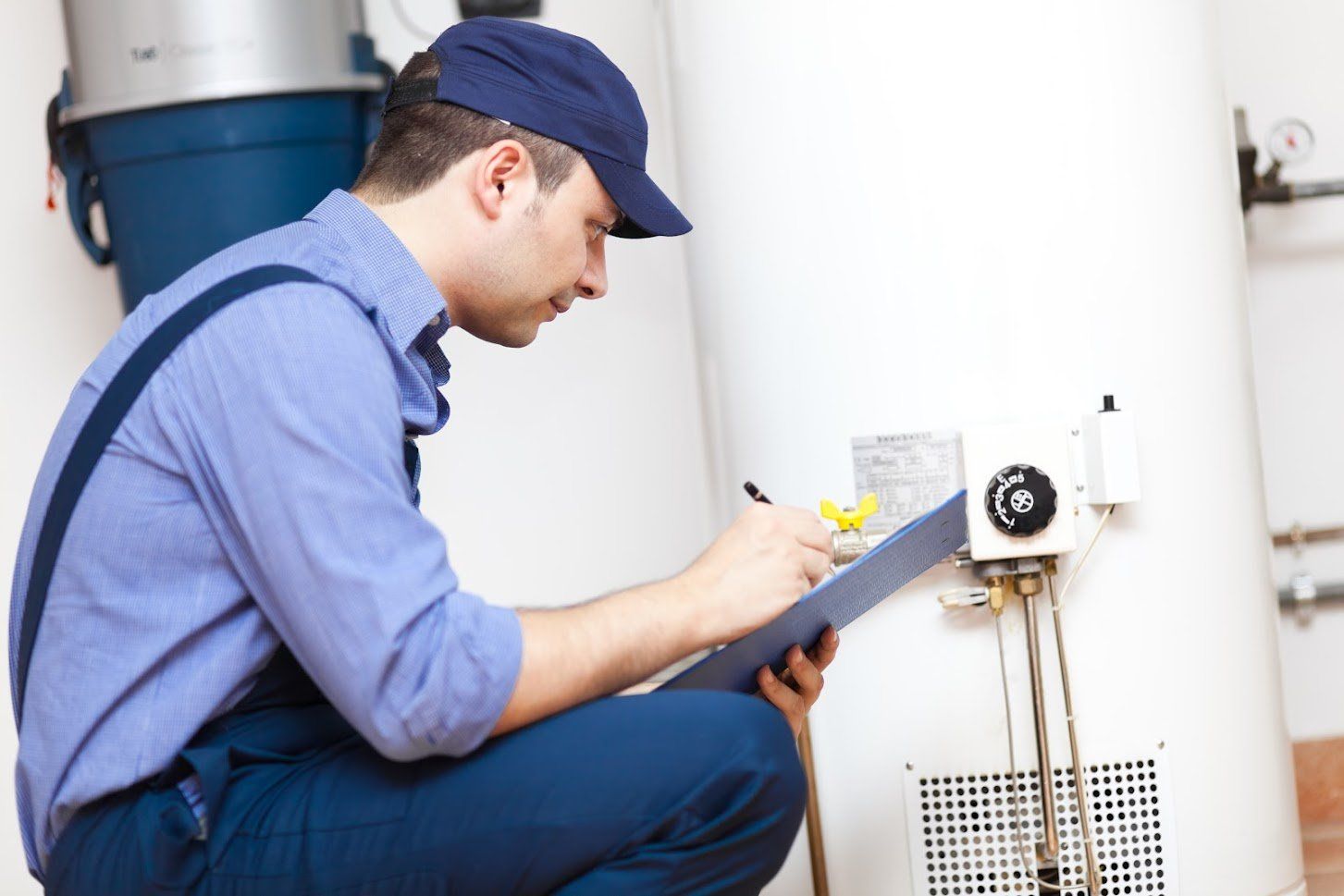What You Need to Know About Installing AC Condensers
websitebuilder • April 2, 2020
Where should you install a central air conditioning system's condenser? If you're new to AC, take a look at some condenser installation questions that homeowners have.
What Is an Air Conditioner Condenser?
The condenser does exactly what the name implies — it condenses. While condensing is a broad term, in the context of your home's air conditioner, this refers to the ability of the unit to condense refrigerant vapor back into a cool liquid.
How does this process happen? The air conditioner:
- Has an indoor coil. Also known as the evaporator, chemical refrigerant circulates through this interior space and absorbs the heat.
- Moves the vapor to the condenser. The heated vapor travels to the condenser unit for cooling via a compressor.
- Cools the vapor. The condenser turns the gaseous refrigerant vapor back into a liquid for reuse. After the refrigerant reverts back to its liquid state, it leaves the condenser unit and makes its way back into the central part of the AC system.
Now that you know how the condenser works, learn more about where it needs to go in relation to the rest of your air conditioning system.
Where Is the Condenser Located?
Central air conditioners and mini-split ductless systems use an indoor-outdoor approach to home cooling. In a central AC system, this includes the indoor evaporator coil and the outdoor condenser. The condenser should always go outside of your home and not in an attic, basement, garage, or crawl space.
Why does the condenser need to go outside of your home? The top reasons include:
- Air supply. The condenser needs an adequate air supply to cool the refrigerant and do its job. Without enough outdoor air, it won't work efficiently.
- Airflow. Not only does the condenser require enough air to function properly, but it also needs plenty of airflow. You won't find a suitable natural flow indoors.
- Heat. The outdoor placement provides plenty of space for the condenser to release the heat. An indoor location can cause excessive heating of your home's interior, which reduces the overall effectiveness of the AC system.
Even though your home's outdoor space is the general area you should place the air conditioner's condenser, you need to get specific and think thoroughly about the specific site.
What Should You Consider When Placing an AC Condenser?
The proper placement of an air conditioner's condenser can help the system function at peak efficiency and minimize potential damage or safety hazards.
Where should, or shouldn't, you place the condenser? Before you make a decision, consider:
- The sun and heat. Will the condenser stand in the hot sun for most of the day? While a sunny spot won't necessarily ruin the system's ability to cool your home, a shaded area may help the unit to function more effectively.
- The trees in your yard. Even though a shady spot is ideal, a low-hanging tree or an older/infected tree can pose a damage risk. Branches, twigs, and bark can fall into the unit. This can result in ineffective cooling or ongoing odd noises.
- The shrubs in your yard. Again, the condenser needs free-flowing air. If you're tempted to hide the unit behind a tight bunch of shrubs (or other plants), don't. Nearby plant life can crowd the condenser and limit airflow.
- The ground. The condenser requires a flat surface to function effectively. Avoid hills, dips, or bumpy soil. You may need to place a concrete pad on the ground to create an even surface for the condenser.
- Safety. Keep the condenser away from spaces your child or pet plays in regularly.
Do you need a new air conditioner? Contact Comfort Technology Heating & Air Conditioning
for more information.

